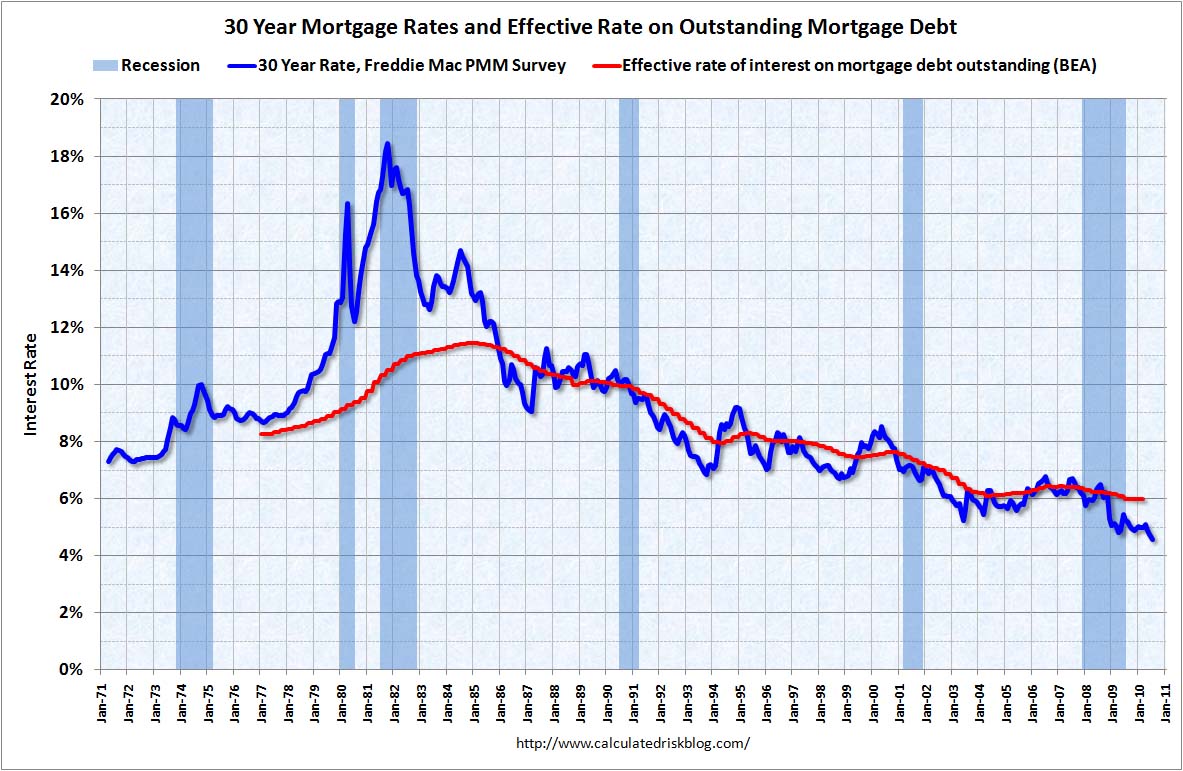Current 30 Year Fixed Mortgage Rates: What You Need To Know
Understanding current 30 year fixed mortgage rates is essential for anyone looking to buy a home or refinance their existing mortgage. As interest rates fluctuate, knowing what to expect can help you make informed financial decisions. The 30 year fixed mortgage remains one of the most popular loan options for homeowners due to its stability and predictability.
In this article, we will delve into the current trends in mortgage rates, factors that influence these rates, and what they mean for homebuyers and homeowners alike. Whether you are a first-time buyer or looking to refinance, understanding these rates can save you thousands of dollars over the life of your loan.
Additionally, we will provide practical tips for securing the best possible mortgage rate and what you can do to improve your chances of approval. By the end of this guide, you will have a clearer picture of the current mortgage landscape and how to navigate it effectively.
Table of Contents
- Overview of 30 Year Fixed Mortgage Rates
- Current 30 Year Fixed Mortgage Rates
- Factors Influencing Mortgage Rates
- Historical Trends in Mortgage Rates
- Impact of Credit Score on Mortgage Rates
- How to Secure the Best Mortgage Rates
- Pros and Cons of 30 Year Fixed Mortgages
- Conclusion
Overview of 30 Year Fixed Mortgage Rates
The 30 year fixed mortgage is a loan with a term of 30 years and a fixed interest rate. This type of mortgage is favored for its long-term stability and predictable monthly payments, making it easier for homeowners to budget over time. Unlike adjustable-rate mortgages (ARMs), which can fluctuate with market conditions, a fixed-rate mortgage ensures that your interest rate remains constant throughout the life of the loan.
Current 30 Year Fixed Mortgage Rates
As of October 2023, the average rate for a 30 year fixed mortgage hovers around 7.1%. However, rates can vary significantly based on multiple factors including your location, credit score, and the lender you choose. It’s essential to shop around and compare rates from different lenders to find the best deal.
- Average Rate: 7.1%
- Lowest Rate Found: 6.75%
- Highest Rate Found: 7.5%
Understanding Rate Quotes
When lenders provide quotes, they often include points and fees that can affect the overall cost of the mortgage. It's crucial to understand these terms and negotiate where possible. Always ask for a breakdown of the total costs associated with the mortgage.
Factors Influencing Mortgage Rates
Several key factors influence the current 30 year fixed mortgage rates:
- Economic Indicators: Economic growth, inflation, and employment rates can all impact mortgage rates.
- Federal Reserve Policies: Changes to federal funds rates directly affect mortgage rates.
- Bond Market Trends: Mortgage rates are closely tied to the yield on 10-year Treasury bonds.
- Local Market Conditions: Supply and demand in specific housing markets can lead to rate variations.
Historical Trends in Mortgage Rates
To understand the current landscape, it’s helpful to look at historical data. Over the past few decades, mortgage rates have experienced significant fluctuations:
- 1980s: Rates peaked at over 18%.
- 2000s: Rates dropped to historic lows around 3-4% during the housing crisis.
- 2020-2023: Rates have risen again, influenced by inflation and economic recovery.
Impact of Credit Score on Mortgage Rates
Your credit score plays a vital role in determining the interest rate you are offered. Generally, the higher your credit score, the lower your mortgage rate will be. Here’s how different credit score ranges can affect your rate:
- Excellent Credit (740 and above): Best rates available.
- Good Credit (700-739): Slightly higher rates.
- Fair Credit (640-699): Rates increase significantly.
- Poor Credit (below 640): May face higher rates or difficulty securing a loan.
How to Secure the Best Mortgage Rates
Securing a favorable mortgage rate requires a proactive approach:
- Improve Your Credit Score: Pay down debts and make payments on time.
- Shop Around: Get quotes from multiple lenders.
- Consider Points: Buying points can lower your interest rate.
- Be Prepared: Have all necessary documentation ready for the lender.
Pros and Cons of 30 Year Fixed Mortgages
Like any financial product, the 30 year fixed mortgage has its advantages and disadvantages:
Pros:
- Predictable monthly payments.
- Protection against rising interest rates.
- Flexibility in budgeting over the long term.
Cons:
- Higher interest rates compared to ARMs initially.
- Longer commitment to debt.
- Can be more expensive in the long run due to interest paid over 30 years.
Conclusion
In conclusion, understanding current 30 year fixed mortgage rates is crucial for making informed financial decisions regarding home buying and refinancing. By staying updated on market trends and taking steps to improve your credit score, you can secure the best possible rates. We encourage you to explore your options, consult with financial experts, and conduct thorough research before making any commitments.
If you found this article helpful, please leave a comment, share it with friends, or explore other articles on our site for more financial insights.
Call to Action
Stay informed and empowered in your home financing journey. Bookmark our site for the latest updates on mortgage rates and financial advice.
Justin Tucker: The Unmatched Kicking Legend Of The NFL
Who Is The Most Unpopular Vice President In History?
Worst Cooks In America Streaming: Everything You Need To Know


